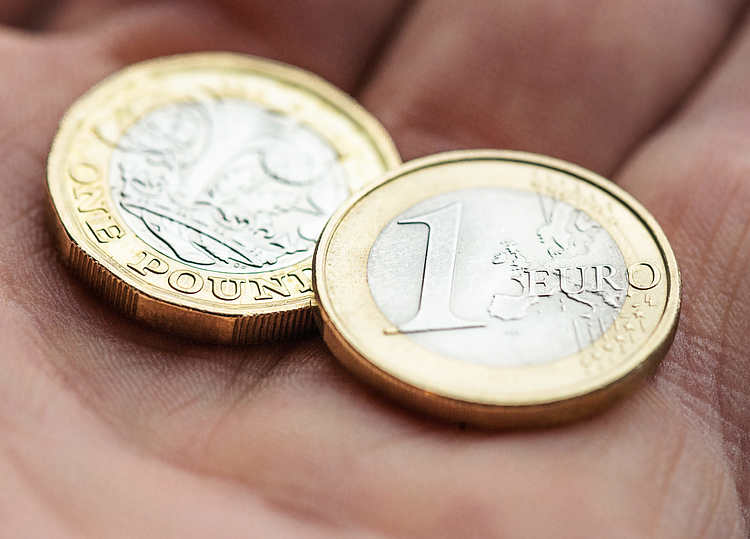The EUR/GBP pair has been edging lower as traders sell off the Euro due to the increasing likelihood of the European Central Bank (ECB) implementing more aggressive interest rate cuts. Lower interest rates are negative for a currency as they reduce foreign capital inflows, resulting in a decrease in the value of the Euro. Recent price action has seen EUR/GBP steadily pull back almost three quarters of a pence from its high in October to trade in the 0.8360s at the end of the trading week.
The pressure on EUR/GBP has been mounting as traders anticipate another rate cut by the ECB at its meeting on October 17. The recent data shows that inflation has fallen more rapidly than expected, with the headline rate dropping to 1.8% in September. This is the first time it has fallen below the ECB’s 2.0% target in over three years, indicating a need for further monetary stimulus. Analysts from Deutsche Bank Securities and Nordea Bank are both predicting a 25 basis points cut in the interest rate by the ECB in October to help stimulate lending to the economy.
On the other hand, the Pound Sterling has remained resilient following the release of positive economic data. The UK’s Gross Domestic Product (GDP) growth in August rose by 0.2%, in line with expectations and above the previous month’s figure. Additionally, Industrial Production and Manufacturing Production both showed positive increases in August, indicating a strong performance by the UK economy. This positive data suggests that the Bank of England (BoE) may not rush to cut interest rates at the next meeting, giving the Pound an advantage over other currencies.
The Pound initially sold off on October 3 after the Governor of the BoE hinted at the possibility of more aggressive interest rate cuts. However, the currency stabilized after the Chief Economist of BoE expressed a more cautious approach. The BoE’s next policy meeting is scheduled for November 7, with a balanced chance of a 25 basis points cut being implemented. The uncertainty surrounding the BoE’s next move has led to some volatility in the Pound’s value.
Overall, the EUR/GBP pair has been under pressure due to expectations of further rate cuts by the ECB, while the Pound has remained firm on the back of positive economic data. The upcoming meetings of both the ECB and the BoE will be closely watched by traders for any hints on future monetary policy decisions. The outcome of these meetings could have a significant impact on the direction of the EUR/GBP pair in the coming weeks.








